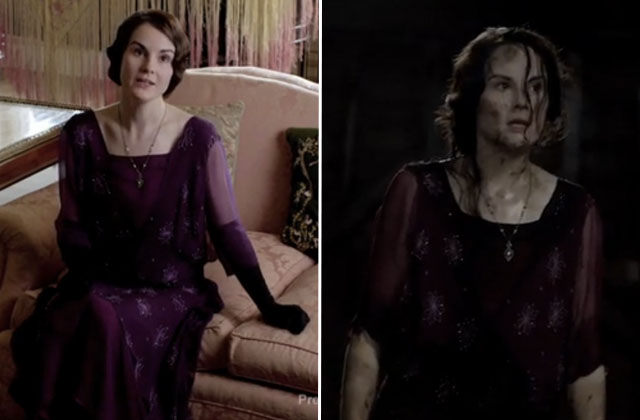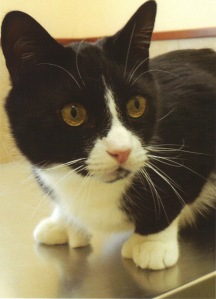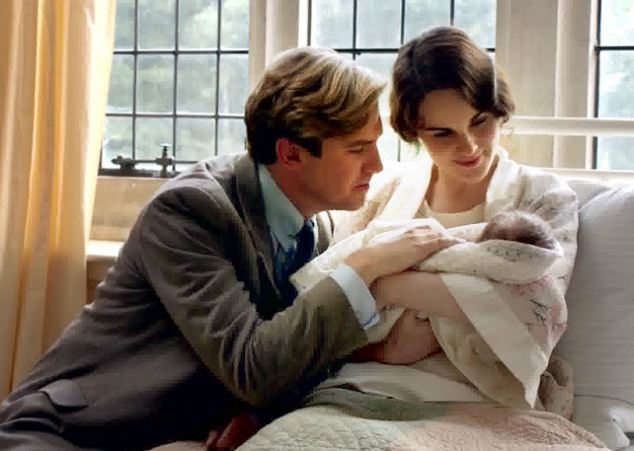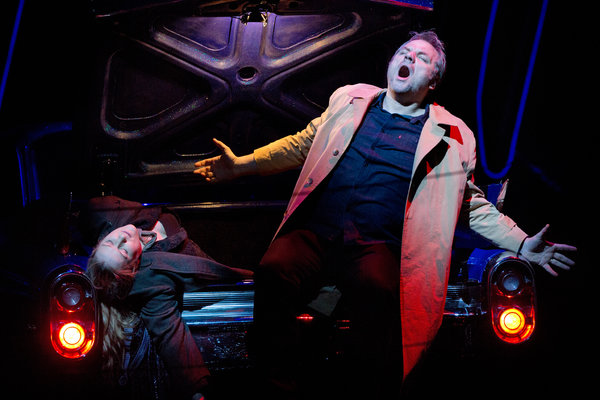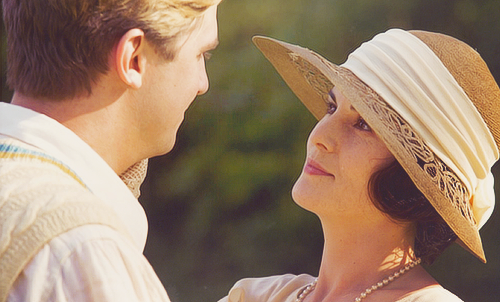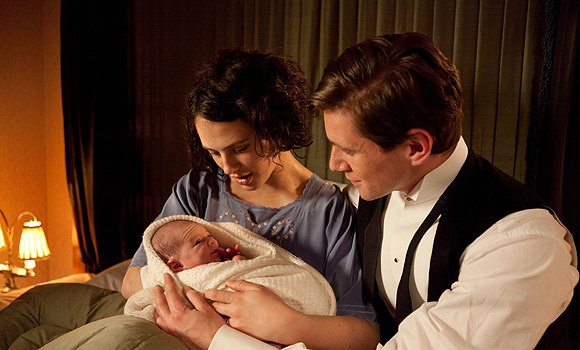
After six seasons and an hour-and-a-half grand finale, it’s over.
“Downton Abbey” rode off into the sunset last night to join other beloved British imports—“Upstairs, Downstairs,” the Lord Peter Wimsey mysteries, all the “Prime Suspect” shows, and a host of other series that have graced PBS. Much was crammed into that “Downton” Christmas episode; in fact all the loose ends were tied up with the speed and thoroughness of a NASA launch checklist.
I’m surprised “Downton Abbey” lasted as long as it did. While the first season was superb, soap opera tropes began to appear with some regularity in Season 2: Matthew’s miraculously regaining his ability to walk; the fortuitous death of his fiancée, leaving him free for Lady Mary (I have to confess I flipped the channel from the Super Bowl to “Downton Abbey” just to see the season ender in which he finally proposed. I almost had to turn in my New York Giants hoodie over that move). With Matthew’s death we lost that important outsider’s viewpoint. He was the character we identified with—the unexpected heir, the middle class stranger suddenly in the midst of all that wealth. It might have made for a stronger, less predictable “Downton Abbey” had his portrayer, Dan Stevens, not left the show. However, what remained was still entertaining if perhaps not quite as engrossing as before.
During the previous months I made it a point to avoid spoilers since I really did want to be surprised by the final events of the show. But little seemed startling, with the exception of Carson’s forced retirement (if anyone seemed able to go on forever, it was he), and the return of Lady Rose and Atticus for Edith’s wedding. Other developments, if not surprising, were still satisfying—Mary’s pregnancy, Moseley’s promotion to full-time schoolteacher (and his broadly hinted-at courtship of Miss Baxter), Miss Edmunds’ catch of Edith’s wedding bouquet (with Tom as the sure-to-be groom), Barrow’s appointment as the new butler of Downton Abbey. Other events were just plain delicious: Spratt’s skill as Edith’s “agony aunt” and Isabel’s out-muscling that nasty daughter-in-law, the former Miss Cruikshank, with Violet’s help, in order to marry Lord Merton (who, for someone first diagnosed as suffering from pernicious anemia, looked suspiciously more robust than he had in a long time).
You may recall that several weeks ago I predicted the final outcome of “Downton Abbey,” so let’s see how my unspoiled guesses match up to reality:
- Robert’s belly pain turns out to be serious but is cured by the superior medical technology afforded by the county, thus ending the interminable hospital debate. Bingo–I get 1 point!
- Anna carries the baby to term and gives birth to a healthy child. Another point.
- Edith marries Bertie Pelham, the guy who stayed up all night to get that issue of the magazine to press. Ditto. Kudos to Mary for setting this up, though Edith may have a tough row to hoe with that gorgon of a mother-in-law (I wouldn’t have left Marigold with her on a bet). Here’s hoping a “Downton Abbey” movie really happens, just to see Edith’s story continued.
- Daisy marries the new footman who wants to go back to the land (and who’s been avoiding Thomas like the plague), and they move in with Mr. Mason, eventually assuming the leasehold. Half a point since the only thing settled was Daisy’s move to the farm, though she was certainly ogling Andy plenty by the end of the finale.
- Isabel and Dr. Clarkson finally end up with each other. Wrong! Minus one point.
- Marigold’s identity is revealed but Mary knew it all along. Half a point since Mary didn’t intuit—she only learned the truth by eavesdropping.
- Mary ends up with Henry Talbot, race car driver, though I’m still hoping Charles Blake, the agriculture expert who previously joined her in pig slop, stages a last-minute intervention. He’s such a better match for her. Another point, but these two have zero chemistry. I still say Charles would have been much better for her.
- Tom becomes an auto magnate and eventually stands for Parliament. Right church, wrong pew. He’s not a magnate yet. Score a quarter point.
- Violet, as always, has the last word. And she did!



